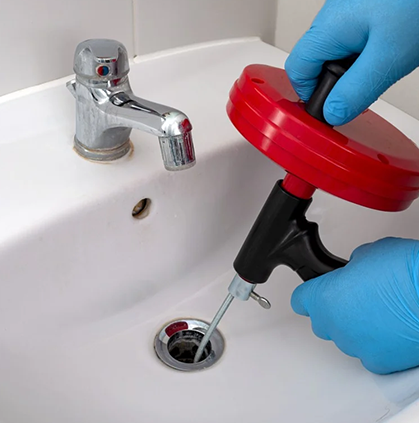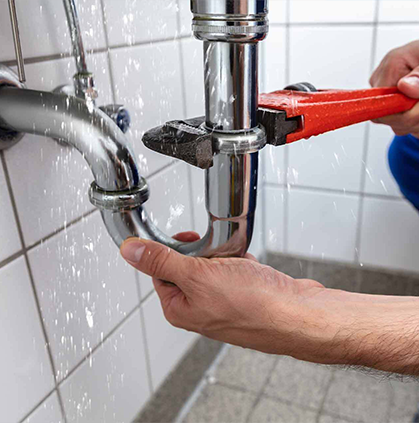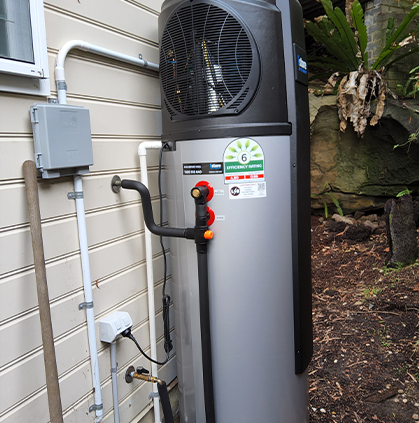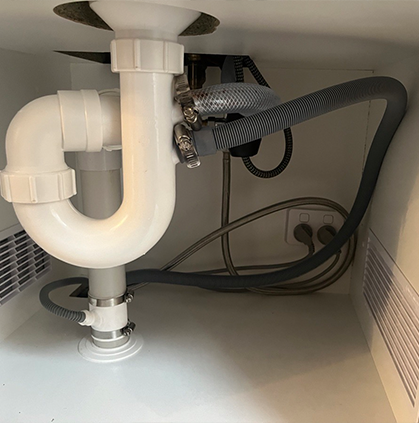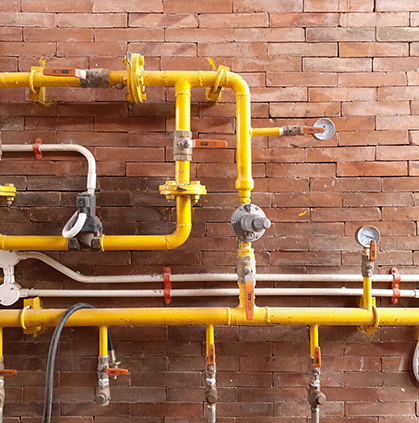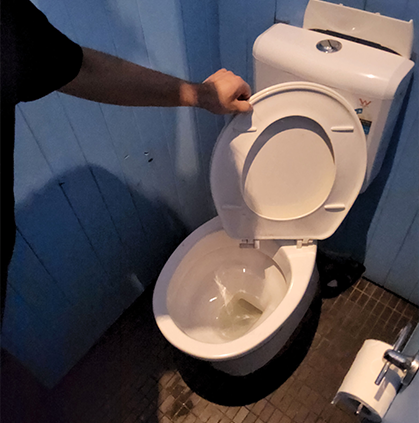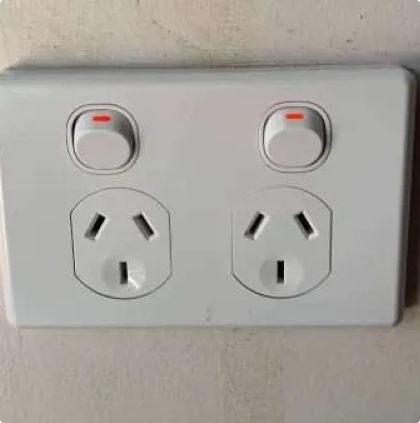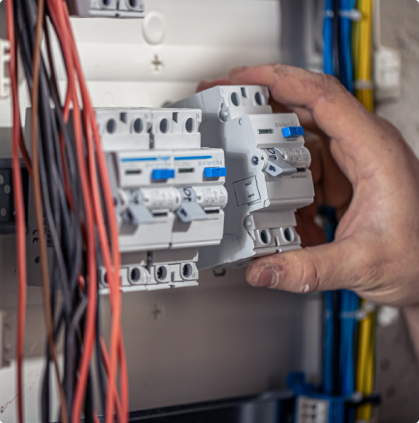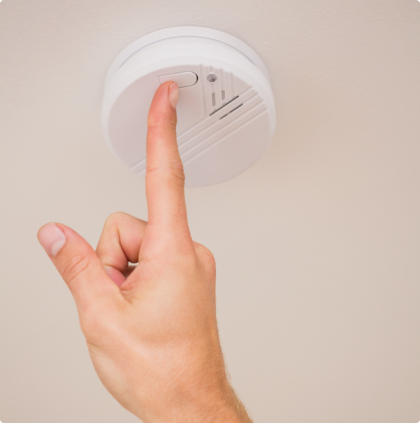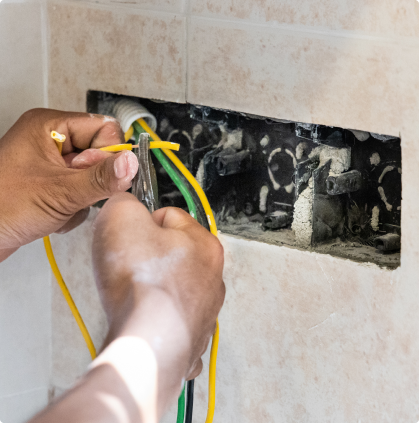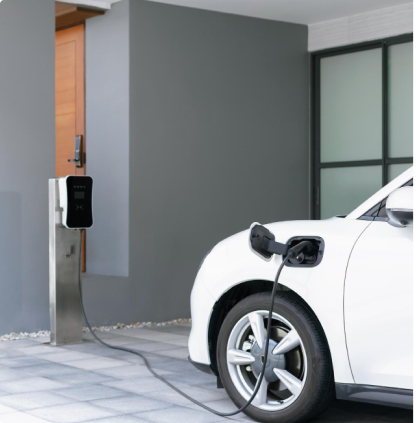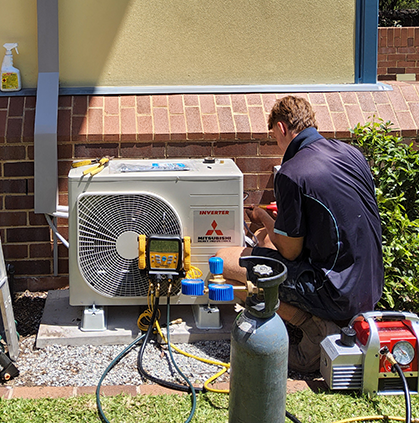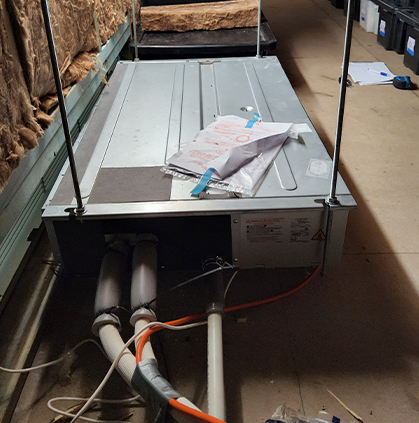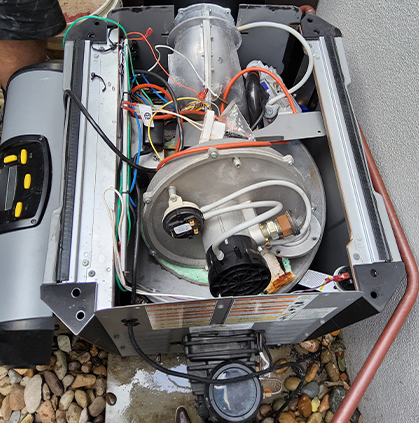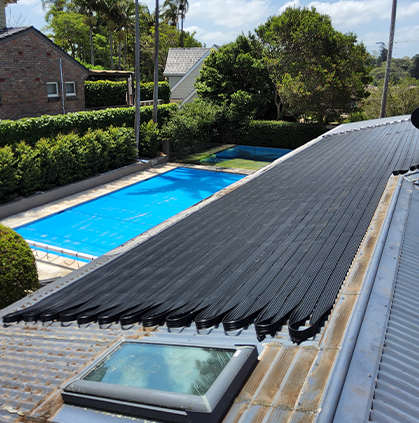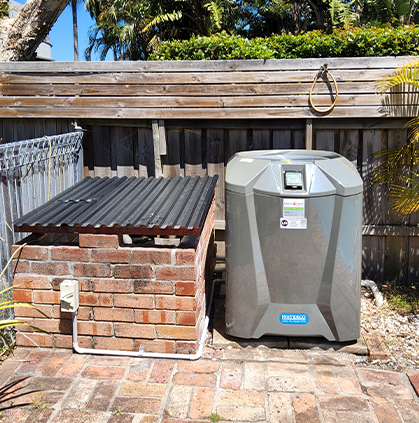It’s possible to swim during winter. Once the cold stops, the sun comes out, and by then, you’ll want your swimming pool ready for a splash. The key to that lies in pool heating, and this is the guide you’ll need.
Benefits of Swimming in Winter
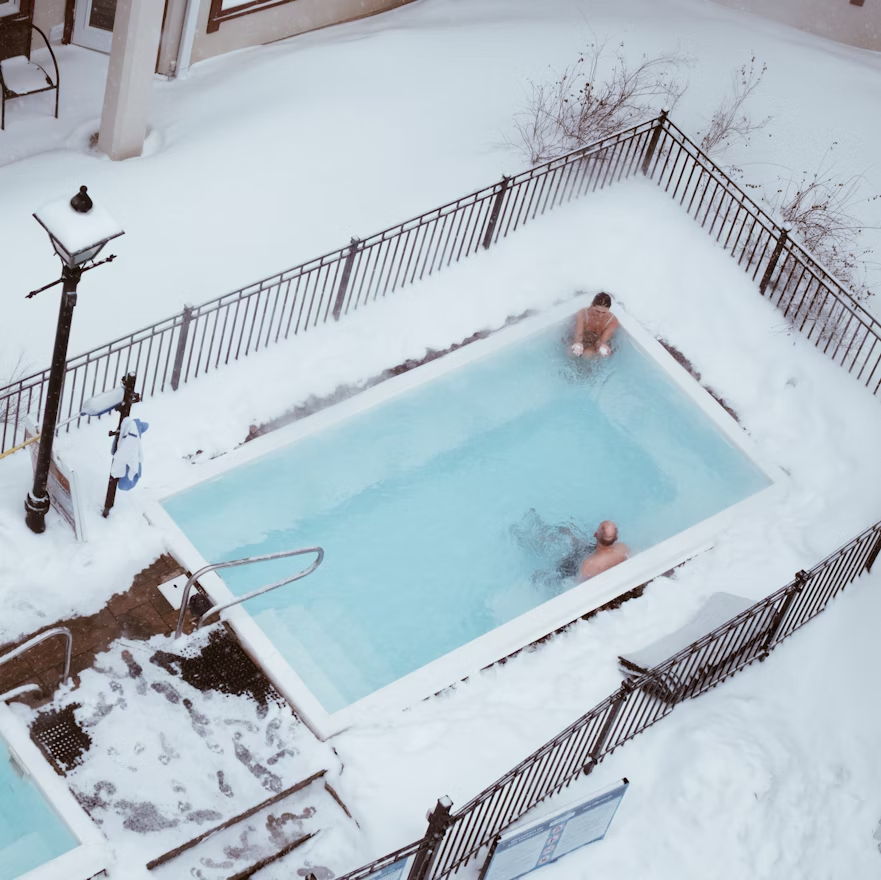
Can you actually swim during the winter? Contrary to popular belief, you actually can, but you need to approach this with the right tips.
Instead of diving headfirst into a pool of frozen water, it’d be way healthier to launch yourself into a heated pool in winter. Here are the benefits of swimming in winter:
1. Muscle Relaxation
If you’re an active person, your joints likely get sore after a jog, a rock climb, or a leg day. Likewise, if you take a daily commute to your 9-to-5 job, you’ll go back with a stiff body as well.
Swimming in a heated pool during the winter actually helps relax your muscles instead of stressing them further.
Swimming relieves your muscles, thanks to a combination of buoyancy from being submerged in water and hydrostatic pressure created by it.
Meanwhile, low-impact and rhythmic moves improve circulation, which increases your mobility in a range of motions.
2. Stress Relief
Winter is often synonymous with depression. Sure, you can create a snow angel or build a snowman a la Frozen, but most days, you’re stuck inside. Swimming can be your remedy in times of adversity.
One study finds that swimming provides stress relief and mood enhancements. Immersing yourself in water triggers endorphin release while reducing your cortisol levels, giving peace of mind and mental clarity.
Swimming is actually rhythmic and meditative in nature. Submerging yourself in water also stimulates sensory experience, which is psychologically linked to emotional regulation and anxiety reduction.
3. Improve Endurance
Hibernating during winter often makes you lethargic once you get back to the real world to work. However, you can regulate your energy levels by swimming on a regular basis, even during the winter.
Two fundamental aspects to increasing endurance are your heart and lung capacity, and swimming helps with both.
Swimming improves your cardiovascular performance, since the heart and lungs work together when your body is under water, becoming more efficient as they supply oxygen to you.
3 Reasons Why You Need Pool Heating in Winter
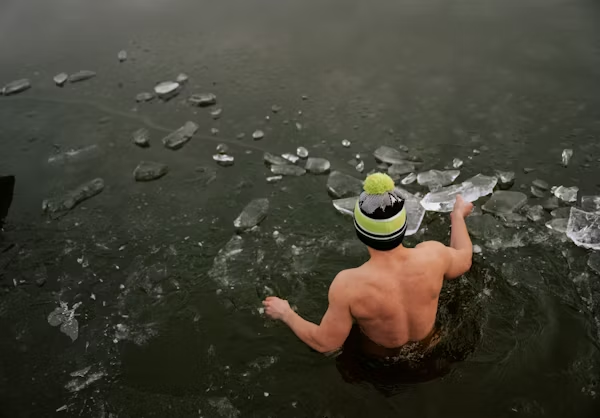
Swimming in a heated pool in winter is more important than you think. Here are some reasons to change your mind:
1. Avoid Health Risks
Swimming during winter is no joke, and many news reports on casualties have been filed due to that. Cold shock and hypothermia, however, most likely occur if you swim in an unheated pool. Remember, only trained professionals, or someone experienced, can swim in ice-frozen water.
But most of the time, it’s not a good idea. Cold shock will increase your heart rate once you enter the water. Often, it will cause involuntary gasp for air, and even professional swimmers won’t be able to swim properly by then.
So, it’s better to stick with a heated pool in winter, so that your body temperature doesn’t go down to dangerously low levels.
2. Source of Recreation
Swimming is a communal activity. When you swim with your partner, your family, or your friends, it gives you a sense of warmth – and a heated pool in winter will double down on that.
Even when you swim alone, it still gives you a therapeutic sensation. If you’ve never tried out swimming during the winter, try it out – as long as you do it in a heated pool.
3. Extended Pool Use
On average, Australian winters last for 3 months. Now, you can probably imagine what will happen if you leave your pool dormant during that long period.
Once spring hits the town, the blue color of your swimming pool will likely turn green due to algae and bacterial growth. Not to mention equipment corrosion that can affect your heat pumps.
Now, how does a heat pump work in a swimming pool? Similar to how a refrigerator works, but in reverse, it transfers heat from the surrounding air to the pool water.
If your pool heat pump breaks, your pool won’t get heated in the winter, and that can result in health risks from stagnant water for any swimmers.
Thankfully, the proper heat pump installation can prevent recurring problems, so make sure to trust the job to the professionals. And, do not forget to use your swimming pool in winter.
What Should You Consider Before Choosing a Pool Heating System?
Most of the time, your swimming pool doesn’t come with any heating equipment. Here are some factors to consider before making your investment, so that you’ll end up with the right one:
- Pool usage. If you swim weekly, or even daily, you will need a heating pool system that can consistently maintain a stable temperature all year round.
- Climate. Colder regions will require a gas heater, since it’s more powerful. Those residing in a sunnier location would benefit more from solar pool heating.
- Energy efficiency. If you’d like to save up on electricity bills, solar heaters or heat pumps are superior. The upfront costs might be heftier, but you’ll save considerably more in the long term.
- Pool size and type. Large pools, especially those with unique designs, will need more heating systems.
Best Pool Heating Options for Winter
There are a couple of types of pool heating systems. Which one should you go with? Let’s find out:
1. Solar Pool Heating
Solar pool heating is ideal for warmer regions like Queensland. They’re also environmentally friendly, so they tend to be lower in cost if you factor in long-term operational budget.
However, a solar heating system requires a significant roof space.
2. Gas Heaters
Simply put, these heaters use natural gas, and they can heat up your pool in as little as a few hours – the fastest one out of the bunch.
As a result, even during winter, you can start swimming on the same day. Unfortunately, they’re not recommended for environmentally conscious users due to their larger carbon footprint.
3. Electric Heat Pump
An electric pump is not only the most economical, but it is also the first choice for most people due to its reliability.
It can operate in any weather conditions or temperatures. It also has a lifespan of up to 15 years and uses renewable energy.
The only downside? An electric heat pump can fluctuate your electricity bills, depending on your surrounding temperature, pool size, pool use, etc.
Extra Tips to Keep Your Pool Warm in Winter
Is your pool not warm yet? Try out the following tips:
1. Add Solar Cover
Solar covers reduce energy absorption by up to 10%. An opaque cover can reduce it further by 40%.
It’s evident that these bubble covers lower your swimming pool maintenance by using free energy from the sun for heat retention.
2. Use Solar Rings
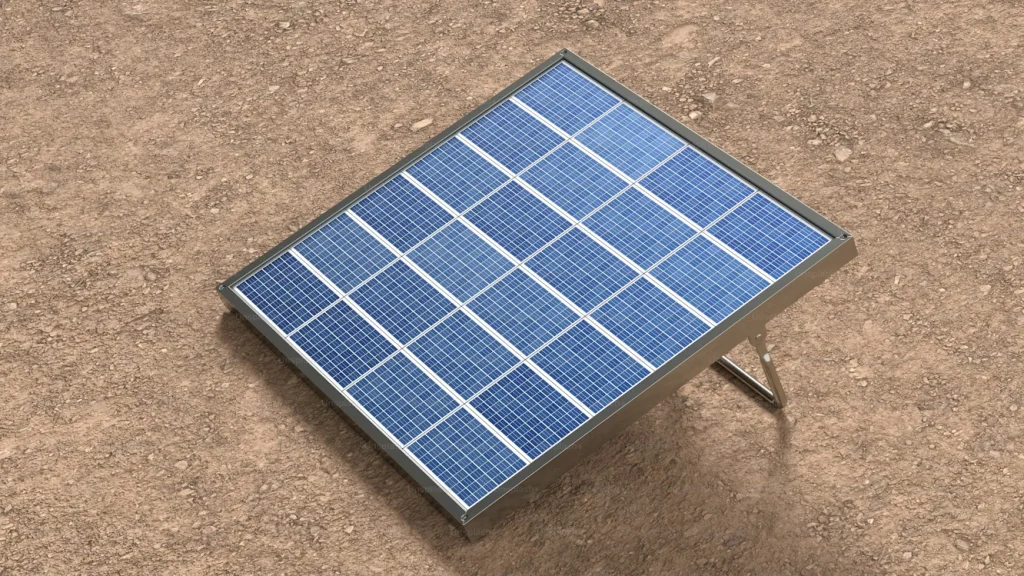
Solar rings are a win-win. They’re more expensive than solar covers, but far easier to install and applicable to all seasons. It’s made of a thin, flexible material, stretched on top of your pool.
That way, any heat reflected will bounce back into the water without interfering with sunlight due to its thick covers. It protects you from UV rays and keeps your pool warm, even during winter.
FAQ about Pool Heating in Winter
Find your most commonly asked questions below:
Can you go in a heated pool in the winter?
Yes, and it is more advisable to go into a heated rather than an unheated pool in the winter to prevent the risks of cold shocks or hypothermia.
Heated pools provide a regulated temperature that can relax muscle spasms, joint pain, and provide stress relief.
Should I run my pool heater in the winter?
Yes, if you’d like a comfortable swim in the winter, it’s best to run your pool heater. It will keep your swimming pool as warm as the summer, and you can keep swimming no matter the season.
How expensive is it to heat a pool in the winter?
Truthfully, heating a pool in winter can be expensive, but it’s a smaller investment than paying for recurring repair bills due to prolonged pool disuse.
A pump can cost anywhere from $100 to $2,000 per month, depending on the type. Generally, electric or solar heaters are more cost-effective than their gas counterparts.
If you’re on a tight budget, using a solar cover provides a middle ground.
Conclusion
And that’s how you swim in the winter. There’s no punchline here; the trick is to rely on a heated pool.
Contact Lightning Bult for reliable pool heating services across Australia!



